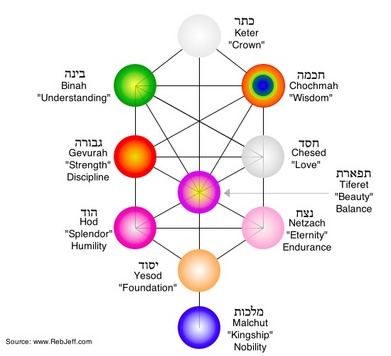Still, the image of the "holy man" continues to effect the way we think about holiness. Most people don't aspire to be "holy"—that is a designation, they imagine, reserved for saints and religious ascetics. Yet, this week's Torah portion, Kedoshim, asks us repeatedly and unrelentingly to "be holy, for I, Adonai your God, am holy" (Leviticus 19:2; 20:7; 20:26). Holiness, we are told, is not only something to which we should aspire, it is something we are commanded to be. Are we all expected to be superhuman saints?
Not so. Looking at the portion, the prescription for us to "be holy" does not seem beyond reach. We are told to revere our parents, to observe Shabbat, to share our wealth with the poor, not to steal or deceive, and to love others as we love ourselves. That, it says, is what holy people do.



 RSS Feed
RSS Feed
